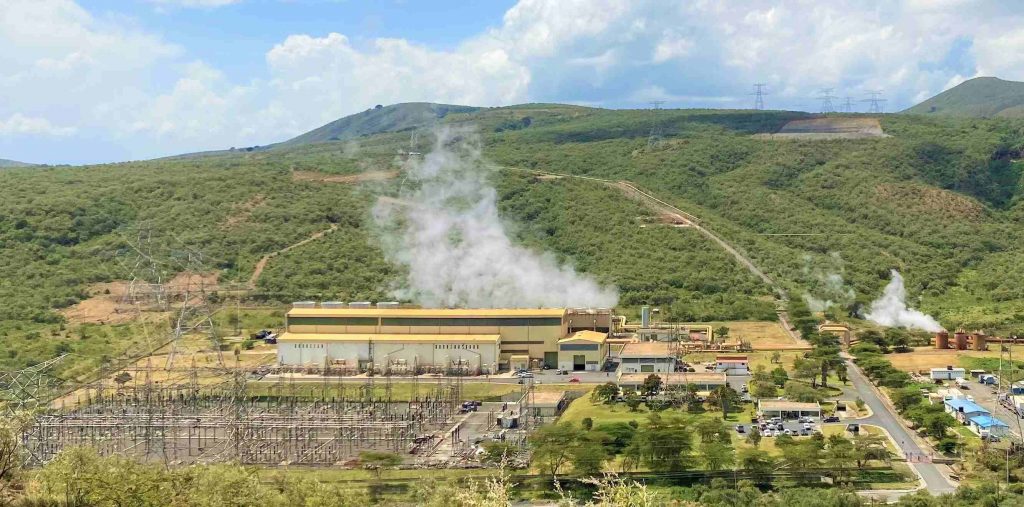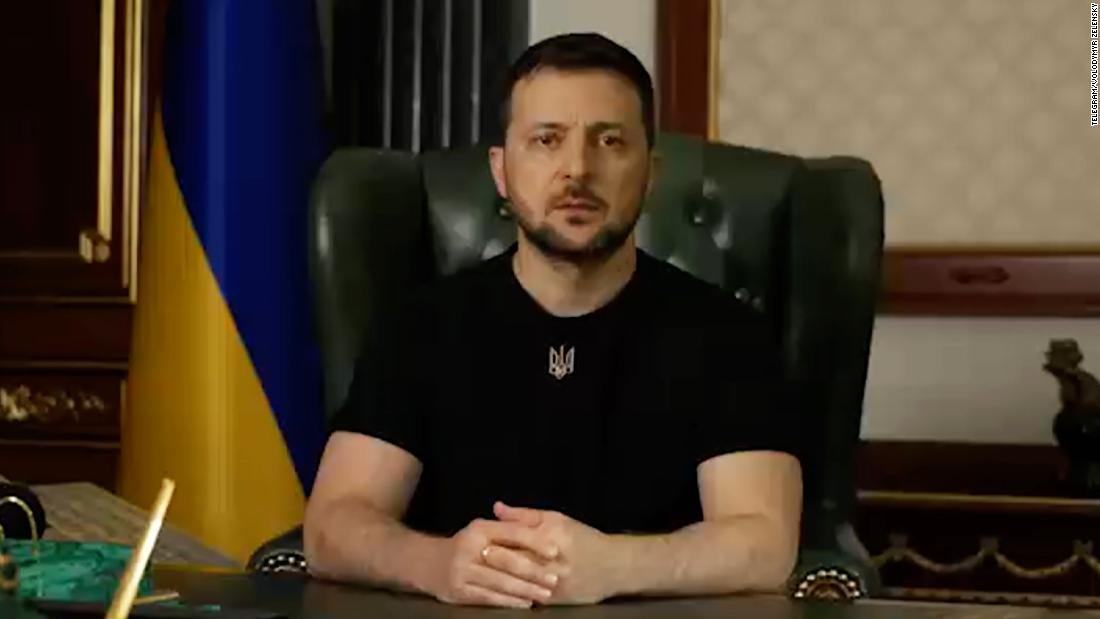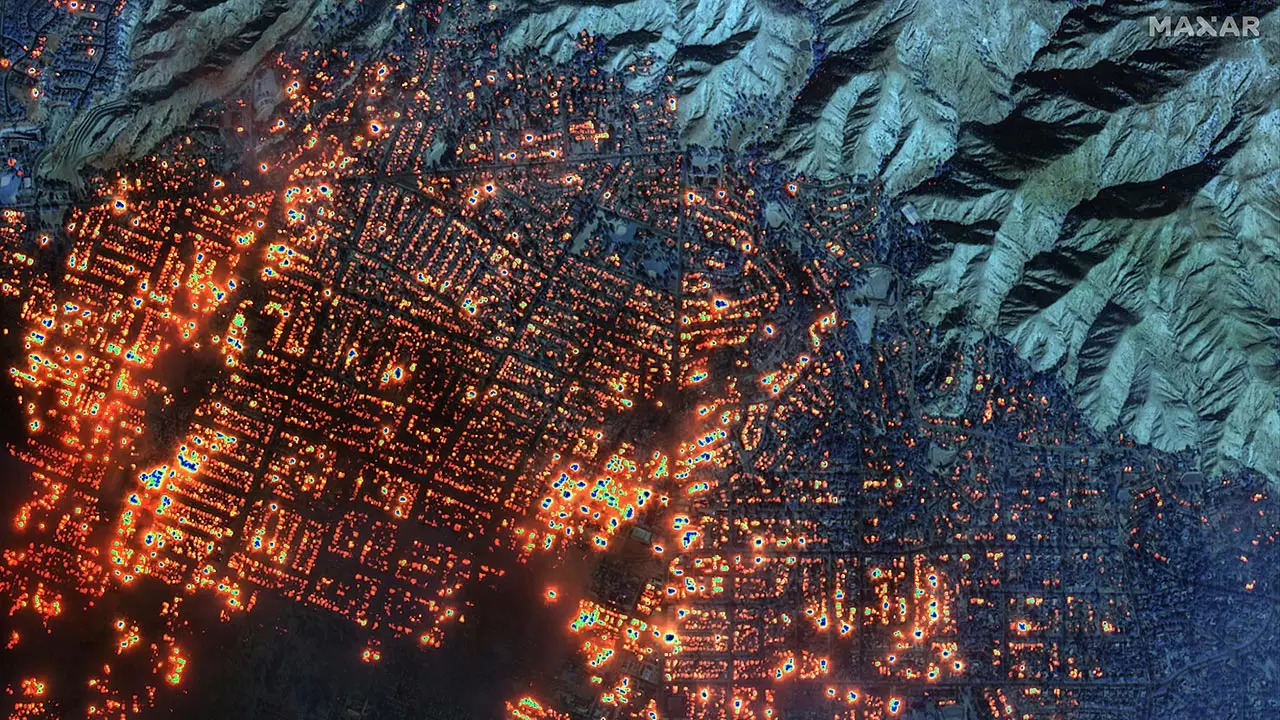Yokogawa Completes Installation of IoT System for Integrated Remote Performance Management at Kenya’s Olkaria Geothermal Complex, the Largest in Africa
Optimizing maintenance to maximize power generation efficiency and ensure a stable supply of power
Advertisments
Yokogawa Electric Corporation announces that it has completed installation of an IoT system for the Kenya Electricity Generating Company PLC (KenGen) that utilizes mobile communications and other technologies to perform integrated remote performance management at geothermal power stations I Additional Unit (AU), II, IV, and V of the Olkaria geothermal complex. The project was carried out under an agreement with the United Nations Industrial Development Organization (UNIDO) *1 that was finalized in January 2020, utilizing funding provided by the Ministry of Economy, Trade and Industry to UNIDO.
 Olkaria II Power Station
Olkaria II Power Station
In Kenya, electricity consumption in 2021 tripled compared to the year 2000*2 in line with population growth and economic development, signaling a pressing need to secure a stable supply of energy. The country’s thermal power plants rely to a considerable extent on imported fuel oil, and renewable energy sources such as hydropower and solar power are affected by changing climatic conditions. The Kenya Republic has one of the world’s largest geothermal resources, so the Government of Kenya has turned attention to the use of geothermal power, which in addition to being a highly stable source of power also has the advantage of low CO2 emissions. Since 2000, Kenya has steadily increased capacity*2, and as of 2021 geothermal energy is the top source of energy in Kenya, accounting for over 40% of the country’s generation capacity*3.
At the Olkaria geothermal complex*4, the largest in Africa, KenGen currently operates geothermal power stations I, I AU, II, IV, and V. Station IV is the farthest from the complex’s administrative office, some 20 km away by road. Before the installation of Yokogawa’s IoT system, these geographically distributed power plants were all managed separately, and it was a challenge to take a comprehensive approach in managing their operations.
In line with the UNIDO requirements, Yokogawa developed and deployed an IoT system that allows data from stations I AU, II, IV, and V to be accessed from the complex’s administrative office, enabling the integrated remote performance management of power generation performance at these facilities. The system makes use of the company’s Exapilot operation efficiency improvement package and Exaquantum plant information management system. Yokogawa also provided training in the operation of this system to KenGen’s personnel. The IoT system makes it possible to centrally manage the performance of the power generation units at each power station, aids in determining the causes of detected problems, and provides information on the maintenance status of related equipment. Through integrated remote monitoring, automated root-cause analysis, and centralized history management, this ensures maintenance can be performed in a timely fashion, thereby maximizing power generation efficiency, and ensuring the stable supply of power. Altogether they have a capacity of about 575MW.
Through digital transformation (DX) and other means, Yokogawa is committed to doing its part to achieve environmental sustainability by providing its customers the support they need to optimize operations and ensure safety across entire supply chains, including the production, supply, and use of diverse energy sources such as geothermal power and other forms of renewable energy.
Naoki Torii, the UNIDO Project Manager responsible for the project, said, “The successful completion of the project was possible with close cooperation among the project partners as well as the insights given by the donor, the Ministry of Economy, Trade and Industry of Japan. We trust the positive impact of the project will sustain and further be disseminated across the country and the region. The project showcased a way of applying advanced technological solutions to multipronged development issues we face in particular, addressing climate change by enhancing the energy systems while reducing carbon intensity and contributing for inclusive, sustainable industrial development.”
KenGen Managing Director and CEO Rebecca Miano, said, “The IOT project system will enhance centralized data acquisition, storage, and provide analytics that will be used to make key business decisions and optimize plant availability.”
Koji Nakaoka, vice president and head of the Energy & Sustainability Business Headquarters and the Global Sales Headquarters at Yokogawa, said, “With our long-term business framework we aim to provide value based on the system of systems (SoS) concept. This is a system made up of independent operation and management systems that work together to achieve objectives that cannot be achieved by any one system acting on its own. By integrating information scattered across plants, DX enables overall optimization. If one has an accurate grasp of how much power is being generated at geothermal plants, electricity generated by other means can be properly managed. Through projects such as this one, our company will continue to contribute to environmental sustainability.”
*1 UNIDO is the specialized agency of the United Nations that promotes industrial development for poverty reduction, inclusive globalization, and environmental sustainability. https://www.unido.org/
*2 Global Data, Kenya Power Market Outlook, November 2021
*3 Kenya National Bureau of Statistics Economic Survey, 2022
*4 The Olkaria geothermal complex consists of stations I, I Additional Unit, II, III, IV, and V. The total capacity of the power plants currently in operation is about 930 MW. The oldest station, I, started operation in 1981.
CLICK HERE FOR LATEST NEWS.
READ CURRENT AND PAST ISSUES OF IAA.
KEEP YOURSELF UPDATED, SUBSCRIBE TO IAA NOW!
AND DON’T FORGET FOLLOW US ON FACEBOOK, LINKEDIN AND TWITTER!











.jpg&h=630&w=1200&q=100&v=5f99a4b43f&c=1)








Discussion about this post